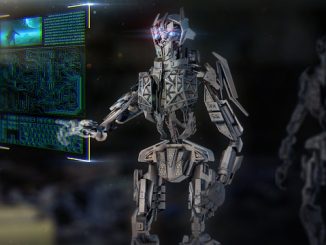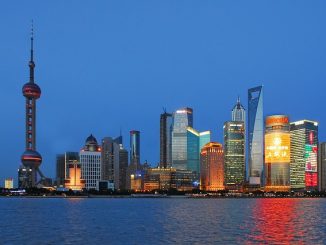
In a recent interview with Bloomberg Television, Nvidia CEO Jensen Huang shared his thoughts on the future of energy consumption in the rapidly expanding world of artificial intelligence (AI) computing.
Huang, a pivotal figure in the development of AI technology, expressed a positive stance towards nuclear power as a sustainable energy source for the growing number of data centers.
“Nuclear is wonderful as one of the sources of energy, one of the sources of sustainable energy,” Huang stated, emphasizing the need for a diverse energy portfolio. He acknowledged that while nuclear power is an excellent option, it won’t be the sole solution. “We’re going to need energy from all sources and balance the availability and the cost of energy as well as the sustainability over time,” he added.
Huang’s comments come at a crucial time when the tech industry faces significant challenges in powering its expanding infrastructure. In some regions, the current electricity generation capacity is already insufficient to support the construction of new data centers. This shortage is becoming increasingly problematic as major companies invest hundreds of billions of dollars in what they believe to be the future of computing.
The energy crunch is forcing companies to make strategic decisions about the location and capacity of these new “AI factories,” as Huang calls them. Some data centers are unable to operate at full capacity, while others are being constructed far from population centers to access more abundant power supplies.
Nvidia, known for its cutting-edge GPUs that power much of today’s AI computing, has sparked some debate over the high energy consumption of its latest chips. Huang, however, argues that while their newest generation chip requires over a kilowatt of power, it’s ultimately more efficient. These advanced chips can train and run AI software more quickly, potentially replacing multiple older, less efficient components.
The conversation with Huang also touched on the geopolitical challenges facing tech companies, particularly regarding exports to China. Nvidia, like many U.S. tech firms, must navigate complex government restrictions on technology exports to China. Huang emphasized the company’s commitment to compliance while also striving to meet the needs of their Chinese customers.
“The first thing we have to do is comply with whatever policies and regulations that are being imposed,” Huang stated. He added, “And, meanwhile, do the best we can to compete in the markets that we serve. We have a lot of customers there that depend on us and we’ll do our best to support them.”
Huang’s comments highlight the delicate balance tech companies must maintain between adhering to government regulations and serving global markets. As AI technology continues to advance and reshape industries worldwide, the challenges of powering this digital revolution and navigating international trade restrictions will likely remain at the forefront of discussions in the tech sector.
- Bulenox: Get 45% to 91% OFF ... Use Discount Code: UNO
- Risk Our Money Not Yours | Get 50% to 90% OFF ... Use Discount Code: MMBVBKSM
Disclaimer: This page contains affiliate links. If you choose to make a purchase after clicking a link, we may receive a commission at no additional cost to you. Thank you for your support!




Leave a Reply